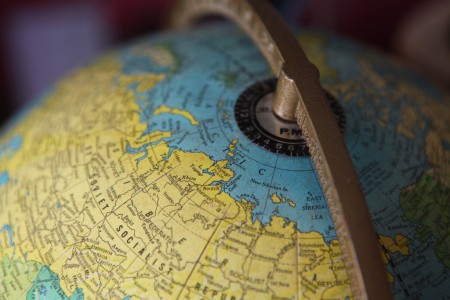
There are no perfect democratic systems; all those that have ever existed, that exist now, and that will exist have flaws.
In systems like Canada’s, voters choose between individual candidates. And yet, the platforms and leadership of parties are usually much more important for the direction of policy-making than the identity of individual Members of Parliament. By contrast, there are countries with systems of proportional representation in which the importance given to individuals is too little. That leaves voters without a direct mechanism for electing especially wise or capable people, and can diminish the level of awareness assemblies have to local issues.
On many other dimensions, the structure and character of democratic governments differ – whether the issue is the lobbying system, electoral law, federal versus central states, or something else. Each particular set of circumstances aids some groups (think of how Canada’s first-past-the-post system helps the Bloc Quebecois) while harming others (think of the Greens).
In the end, it isn’t possible for every country to establish a government that incorporates every desirable feature. Quite simply, some of them directly contradict others. What could be possible, however, is to exploit the wisdom of crowds. If we recognize that our system of government has deficiencies that manifest themselves in problematic policies, keeping an eye on policy development in other jurisdictions can serve as a bit of a counter to that. This already happens, for example, as when people turn to Scandinavia when discussing drug or childcare policies.
Taking a step further, it is possible for the political decisions in other democratic places to directly affect the situation in Canada. One major mechanism for this is when courts apply foreign precedents, particularly when dealing with new areas of law, or issues in which societal expectations are changing. Every time a judge presented with a case on gay rights or intellectual property gives consideration to what is happening in Europe or New Zealand or India, they are taking advantage of the diversity in policies that accompanies the diversity in forms of democratic government.
The ultimate example is something like the European Union, which actually incorporates 27 democratic governments and has decision-making power of its own. One of the reasons why it is such an exciting experiment is because of the potential it was for allowing the flaws of each constituent state to be partially counterbalanced by the sensible overall character of the consensus.
Of course, all this is anathema to the kind of old school patriots who are fearful of foreign precedents in domestic courts and cling as much as possible to the original words and meanings of founding documents. That is not an entirely irrational attitude. It is certainly possible that following the wisdom of crowds will produce a worse outcome than going it alone will. Overall, however, I think that a greater degree of international policy coordination is likely to be beneficial. Partly, that is a consequence of the extreme interconnectedness and interdependence of human beings today. The happenings in one political jurisdiction have never been more relevant and important to the inhabitants of all others. That – along with the potential to smooth the rough edges of our domestic political systems – is a major reason for making our sovereignties a bit more porous.





